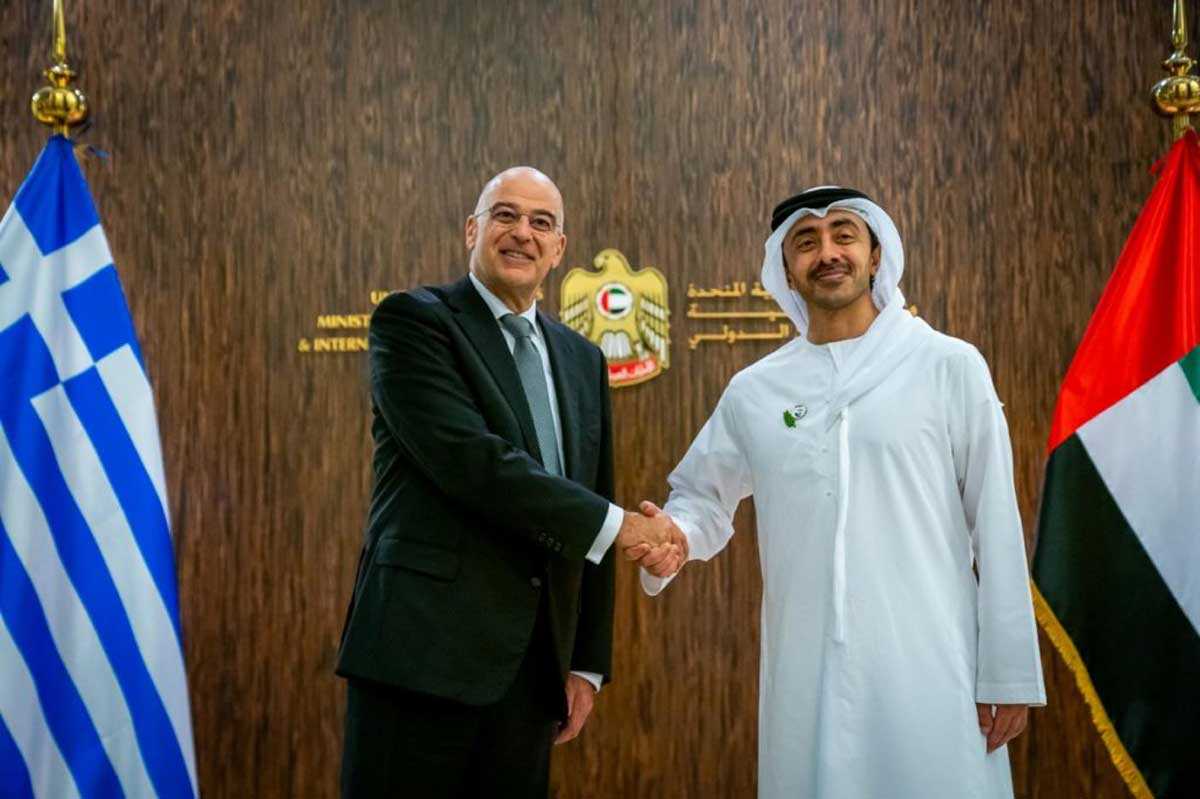
The agreements were signed under the leadership of Humaid Obaid Khalifa Obaid Abushibs, President of the UAE Accountability Authority, during his official visit to Athens. The deals envisage exchange of technical expertise, joint training, and coordination on audits and investigative practices.
Officials from both sides affirmed that the MoUs reflect a shared determination to counter corruption that transcends national borders and safeguard public trust in institutions. The UAE and Greece already maintain a history of cooperation in auditing and oversight, and these new agreements extend that relationship.
During a preparatory visit in December 2024, the UAE Authority delegation met with President Sotiria Ntouni of the Court of Audit and other senior judicial auditors to explore aligning audit practices and the use of advanced tools such as AI in supervision techniques. That visit laid groundwork for drafting binding collaboration agreements.
Under the MoUs, the two audit institutions plan to exchange audit methodologies, peer reviews and case studies on performance and compliance audits. The pact with the National Transparency Authority adds a preventive dimension, focusing on corruption risk assessment, integrity systems for public administration, and harmonisation of investigative processing.
The UAE’s audit body is recognised as the supreme audit institution for the federation, exercising financial, compliance and performance audit oversight. It has been expanding its global engagement in anti-corruption networks.
On its side, Greece’s National Transparency Authority was established to unify and strengthen prevention of wrongdoing in both public and private sectors, with prosecutorial capacity and oversight remit across multiple administrative domains.
Analysts regard this development as part of a broader pattern of the UAE forging stronger regulatory and institutional alliances. Earlier this year, the UAE Accountability Authority signed a pact with Hong Kong’s Independent Commission Against Corruption, enabling collaboration in training, conferences and transnational investigation processes.
The UAE also holds a seat on the Executive Committee of the International Association of Anti-Corruption Authorities, aligning the country with global policy discussions and institutional governance standards.
Greece, long a member of the European Union’s integrity and anti-fraud regimes, brings to the partnership compliance experience under EU frameworks and exposure to Pan-European audit challenges. For the UAE, the engagement with a European audit system could help strengthen external legitimacy and benchmarking efficacy.
UAE officials say that institutional capacity building is a priority, particularly in domains such as performance auditing, fraud detection, data forensics and digital governance. Greece, for its part, has expressed interest in adapting UAE’s advanced oversight tools and AI-driven audit techniques into its own systems.
Observers note that these MoUs could facilitate the creation of joint task forces targeting transnational financial misconduct, money laundering linked to public contract fraud, and cartel-type corruption across borders. The cooperation might also assist both countries in embedding stronger whistle-blower protection, risk mapping and internal control mechanisms within public agencies.
Topics
UAE
